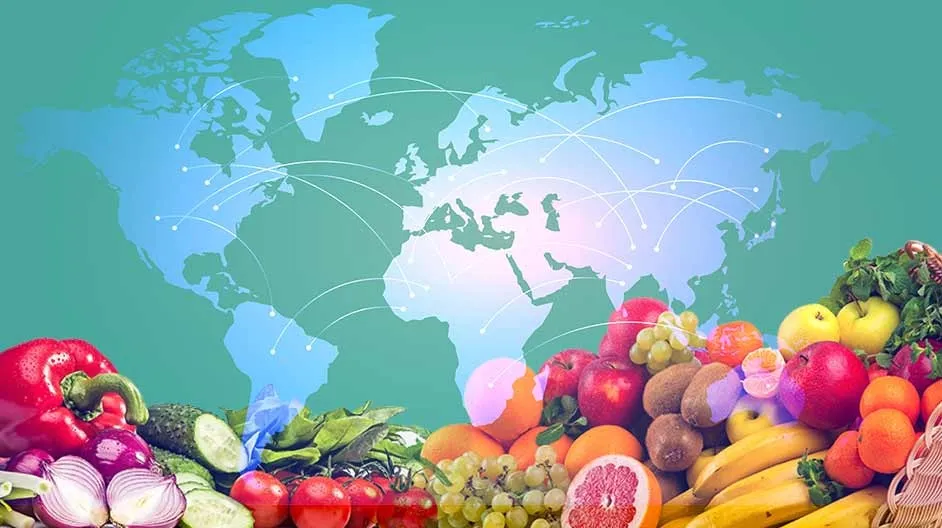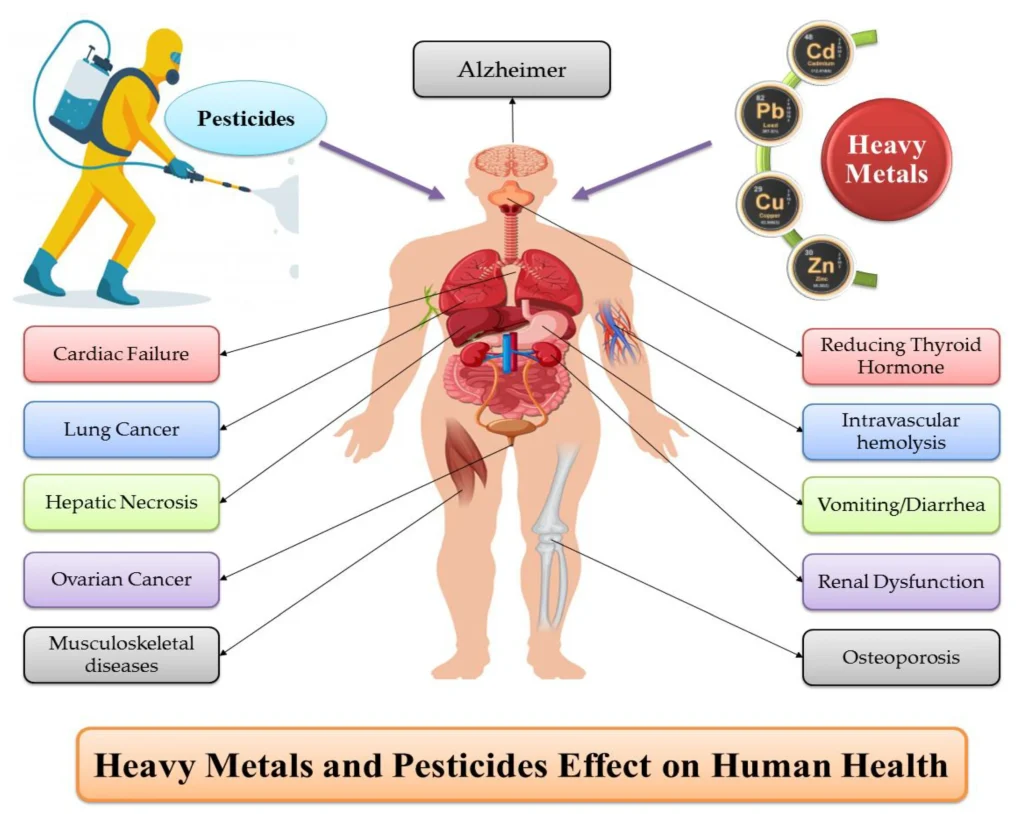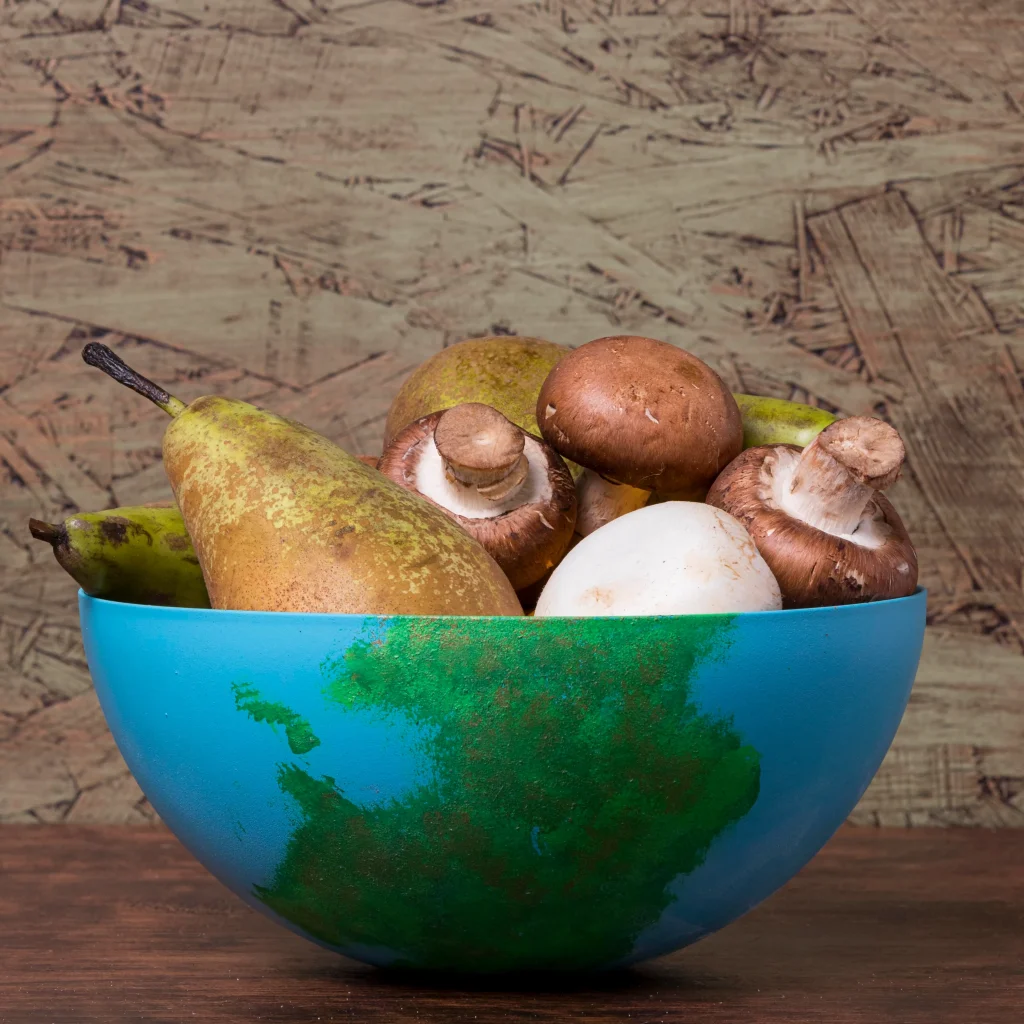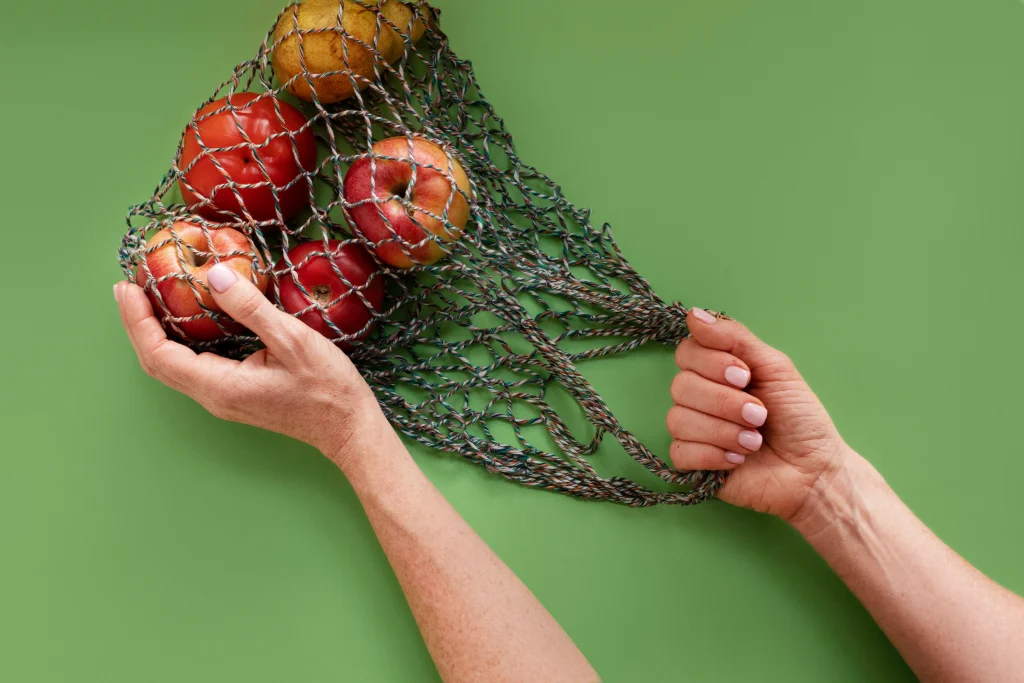India has recently rejected consignments of various food products, including apples, nuts, alcoholic beverages, and sushi, from countries like Sri Lanka, Bangladesh, Japan, China, and Turkey. These products did not meet the safety and quality standards set by Indian authorities.

FSSAI’s New Portal for Food Safety Alerts
The Food Safety and Standards Authority of India (FSSAI) has launched the Food Import Rejection Alert (FIRA) portal, which highlights food consignments that fail to meet India’s safety regulations. This platform facilitates faster communication between global food safety authorities and ensures that risks are identified and controlled before they can harm public health. FIRA aims to improve transparency, traceability, and prompt action regarding unsafe food imports.

Legal Authority Behind the Rejections
The Food Safety and Standards (Import) Regulations, 2017, empower FSSAI to issue alerts and take action when food imports fail to comply with safety standards. India imports food from over 100 countries, and FSSAI monitors these imports closely to ensure their safety and quality.
Recent Rejects Highlight Quality Issues
Several shipments were rejected this year for failing to meet FSSAI’s safety and quality standards. For instance, on May 24, FSSAI rejected cinnamon flower buds from Sri Lanka at the Bangalore port due to lack of prior approval, as the product is not permitted under the Food Safety and Standards Act, 2006. Similarly, Arecanut (betelnut) consignments from Sri Lanka were rejected on April 22 at Tuticorin Port due to visible moulds and other defects.

A Three-Tier System for Verification
The rejection process follows a three-tier verification system, which includes the scrutiny of documents, visual inspection, and sampling and testing. This system ensures that only safe and compliant food products are allowed into the country.
Specific Rejections Based on Safety Standards
In June, FSSAI rejected tea bags from Japan at the Bangalore port, citing that ‘Rooibos,’ an ingredient used in the tea bags, is not listed as a permitted botanical ingredient. Similarly, in May, sushi nori from China was rejected at the Delhi port due to contamination with heavy metals, including arsenic. Budweiser non-alcoholic beer from China was also rejected in May at Mumbai’s JNPT Nhava Sheva port for having a pH value lower than the prescribed limit for alcohol-free beer.
Rejection Based on Product Quality and Safety
The majority of rejections are due to quality and safety concerns, such as pesticide residues, heavy metals, and improper labelling. For example, fresh red apples from Turkey were rejected on July 31 at Kolkata Port due to their short shelf life. Similarly, various food items are regularly checked for parameters like moisture content, fat content, and total ash to ensure they meet the required standards.

Unanswered Queries
Queries regarding these rejections sent to India’s health ministry, FSSAI, and the high commissions of the affected countries, Sri Lanka, Japan, China, Bangladesh, and Turkey, remain unanswered at the time of press.
This series of rejections underscores the importance of maintaining stringent food safety standards and the proactive role of FSSAI in ensuring the safety of imported food products.
